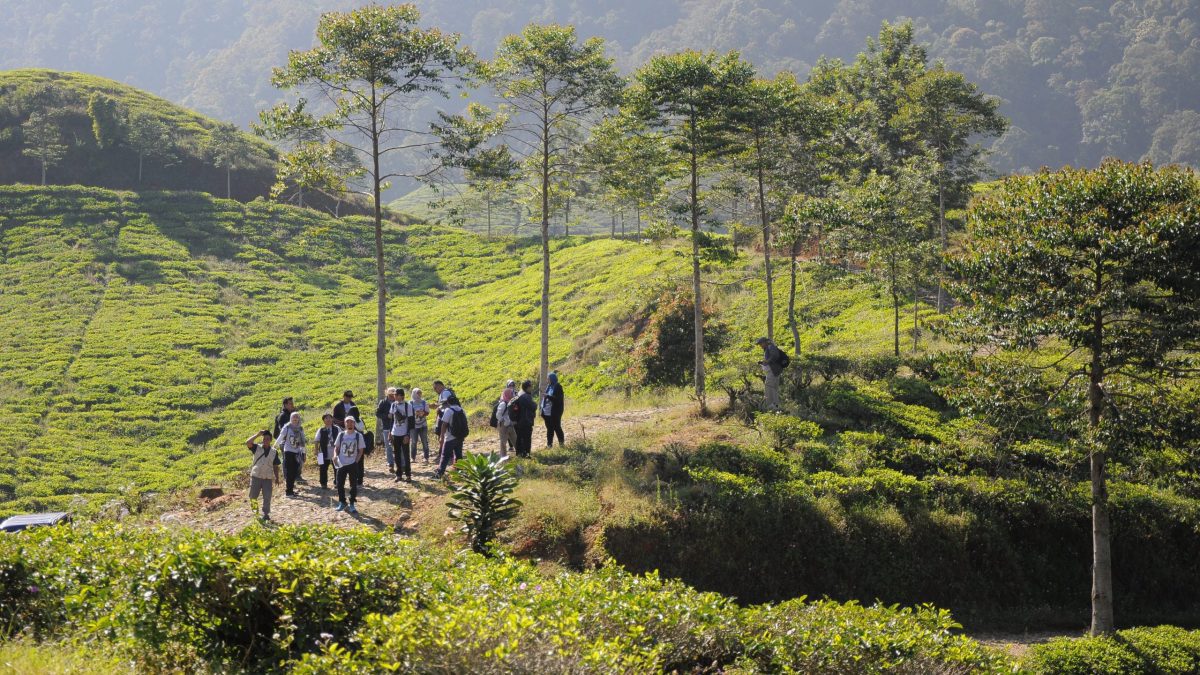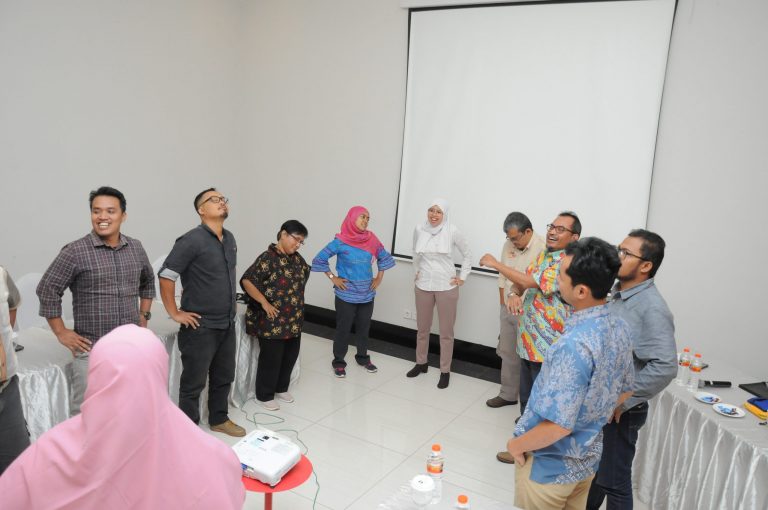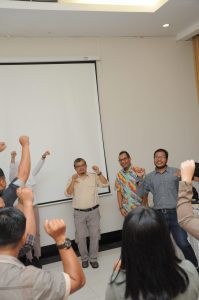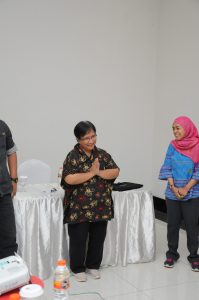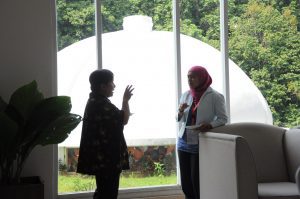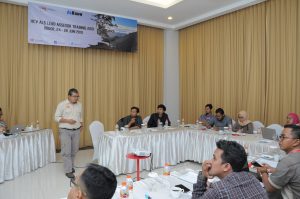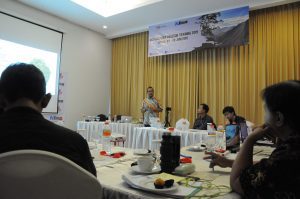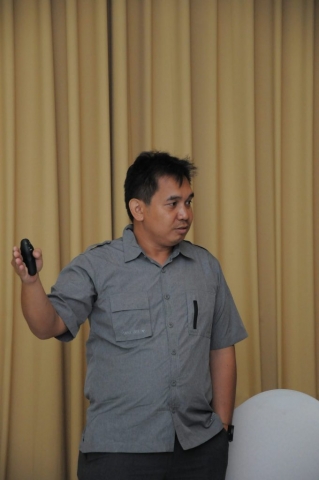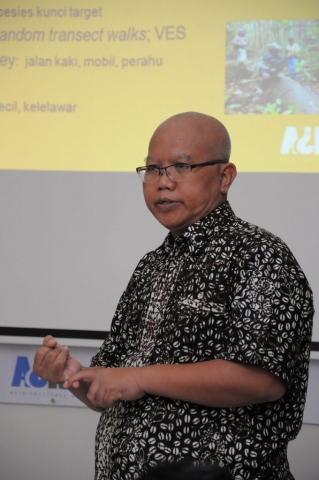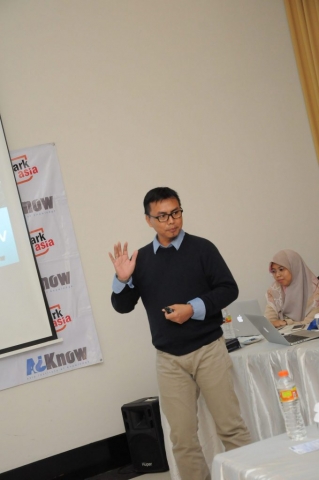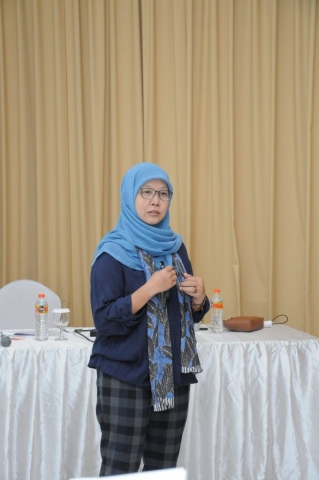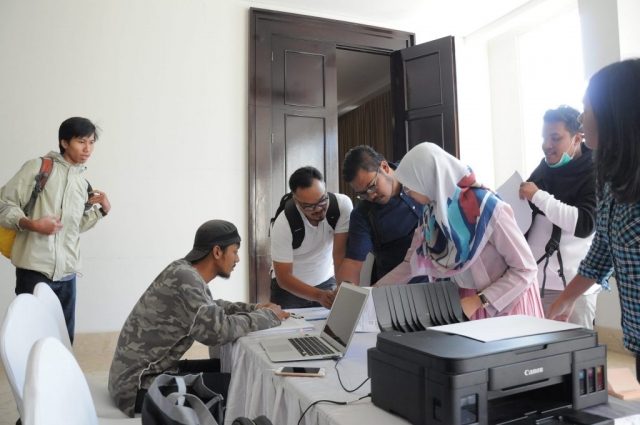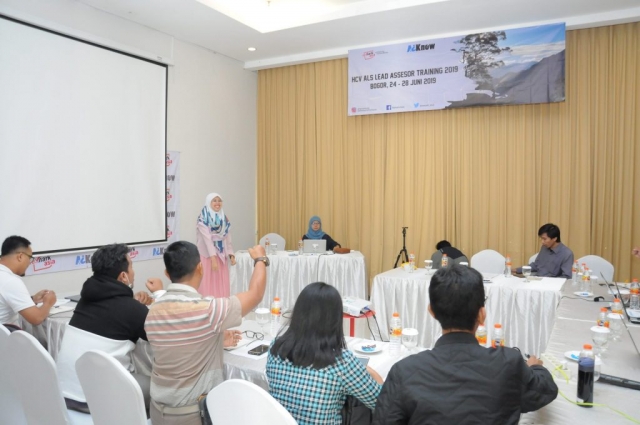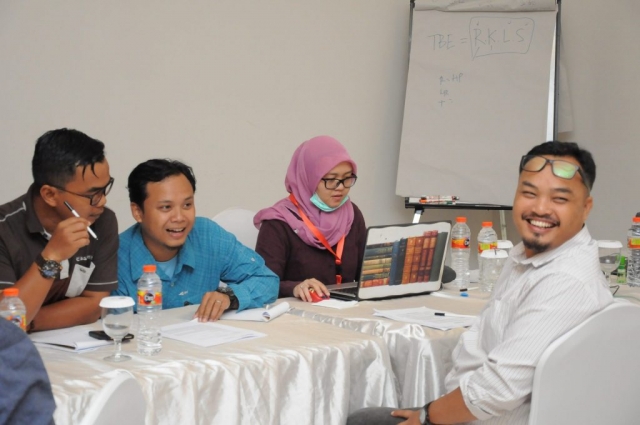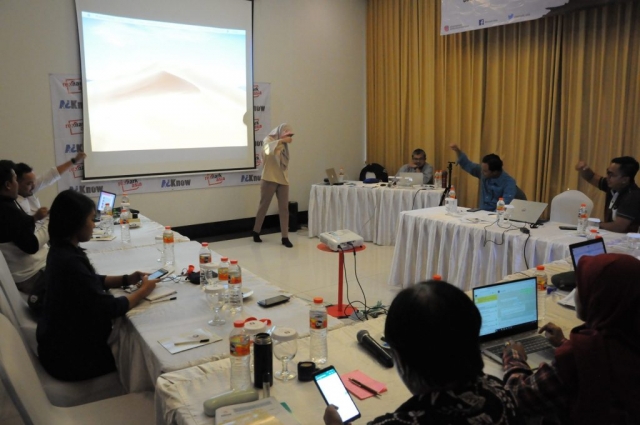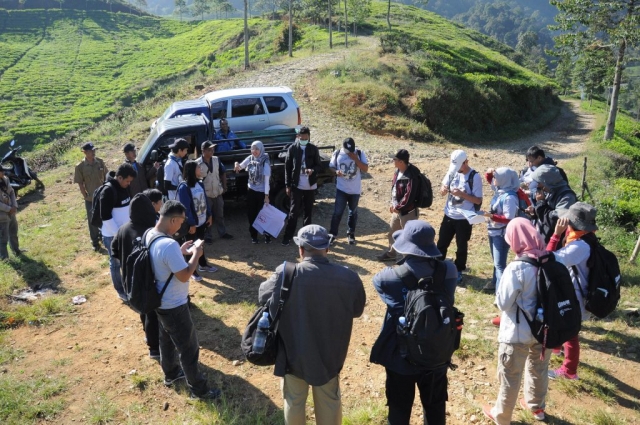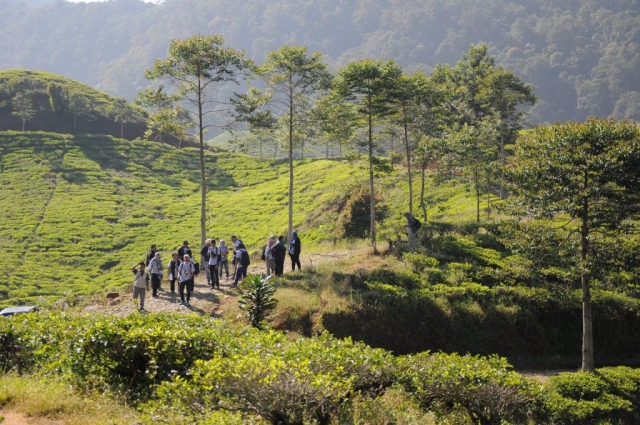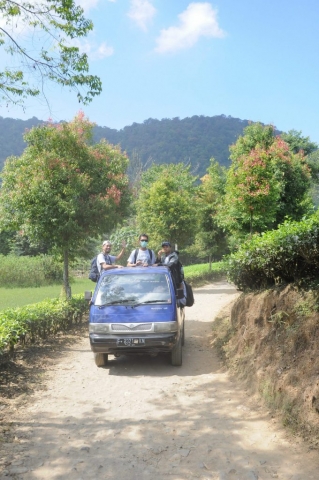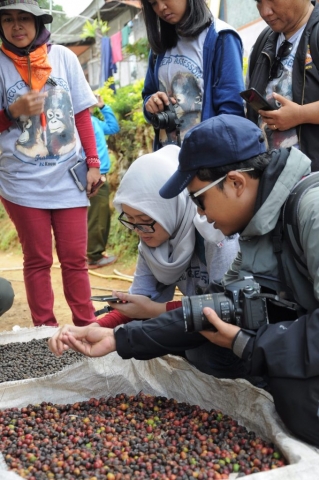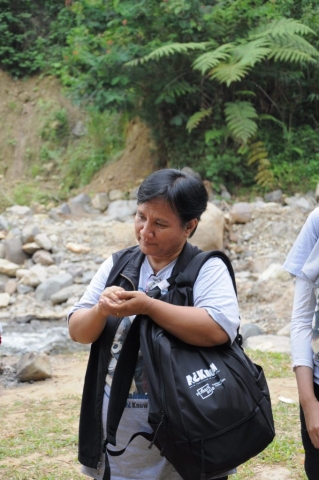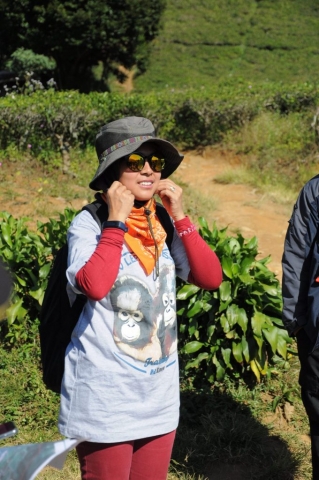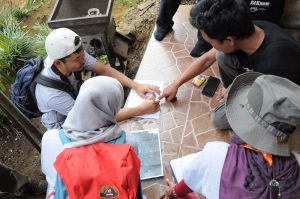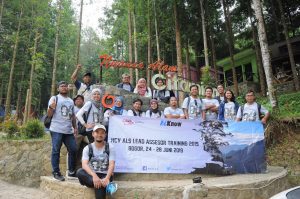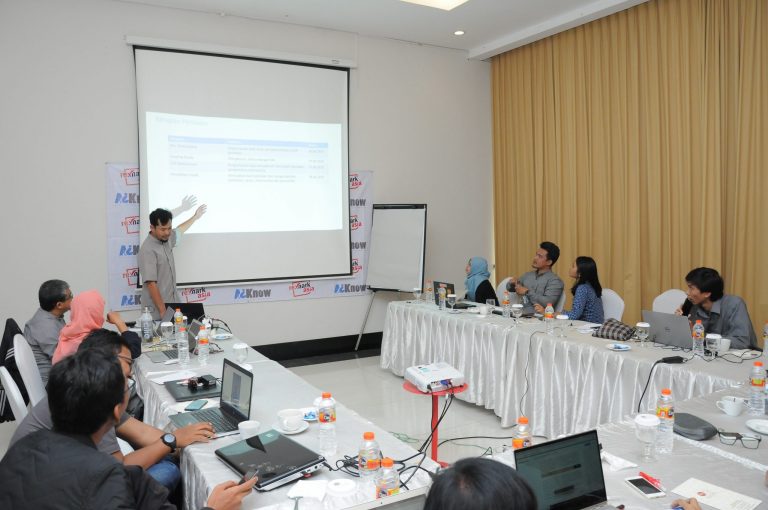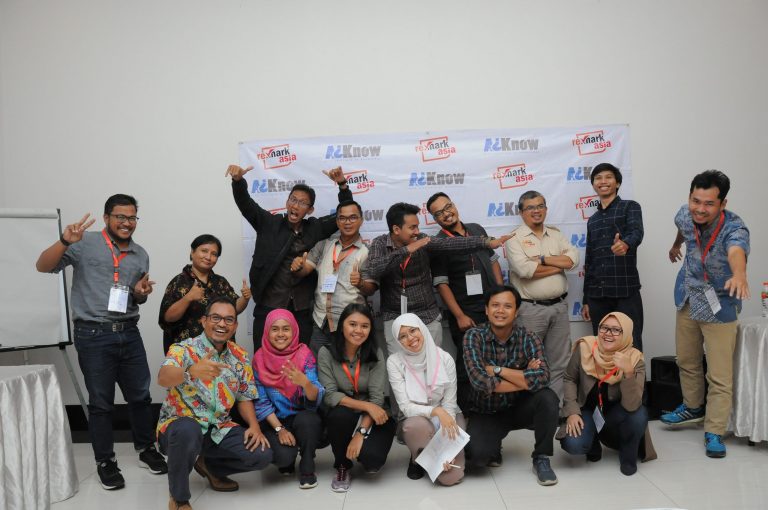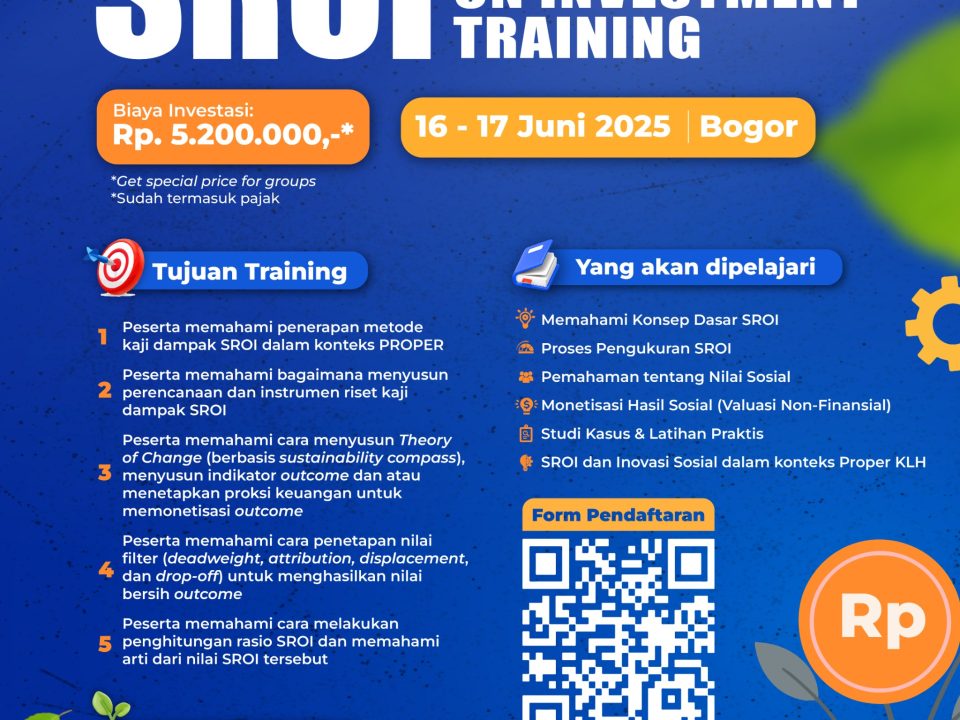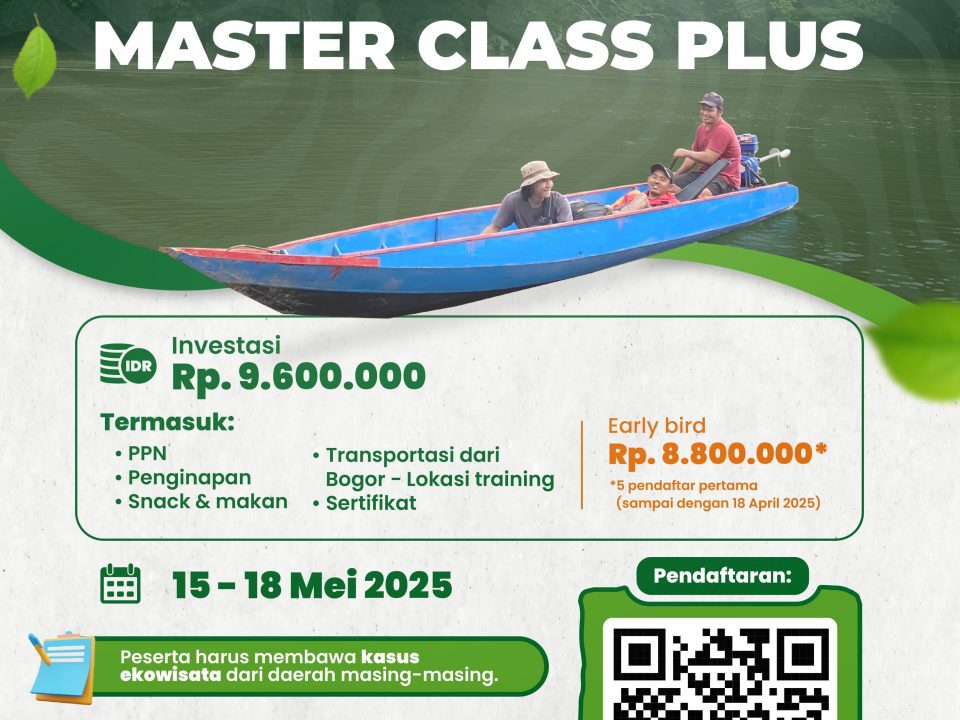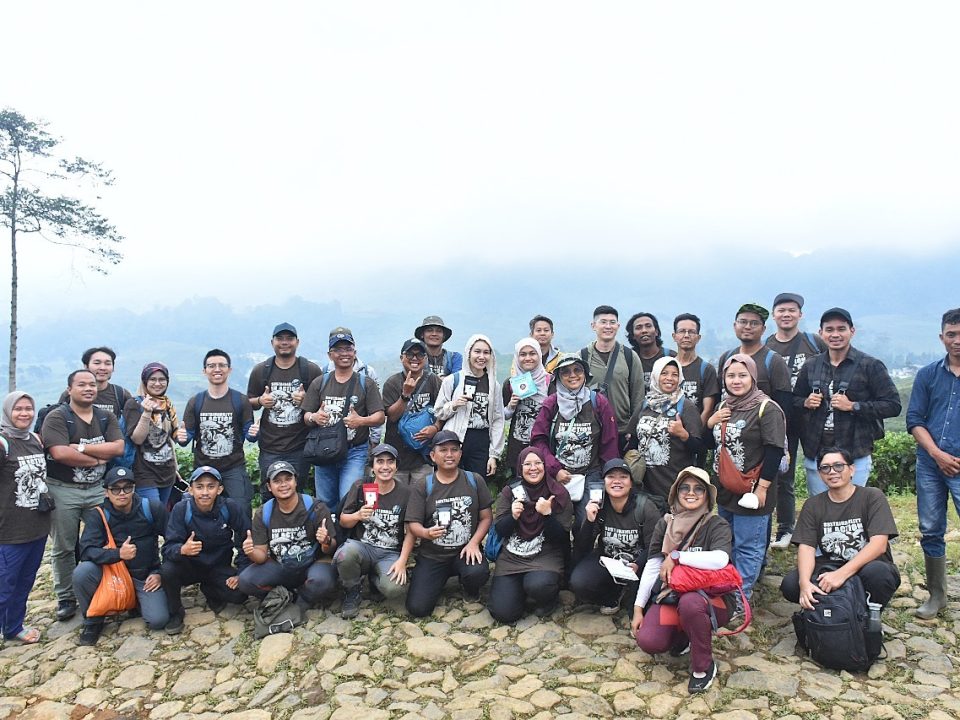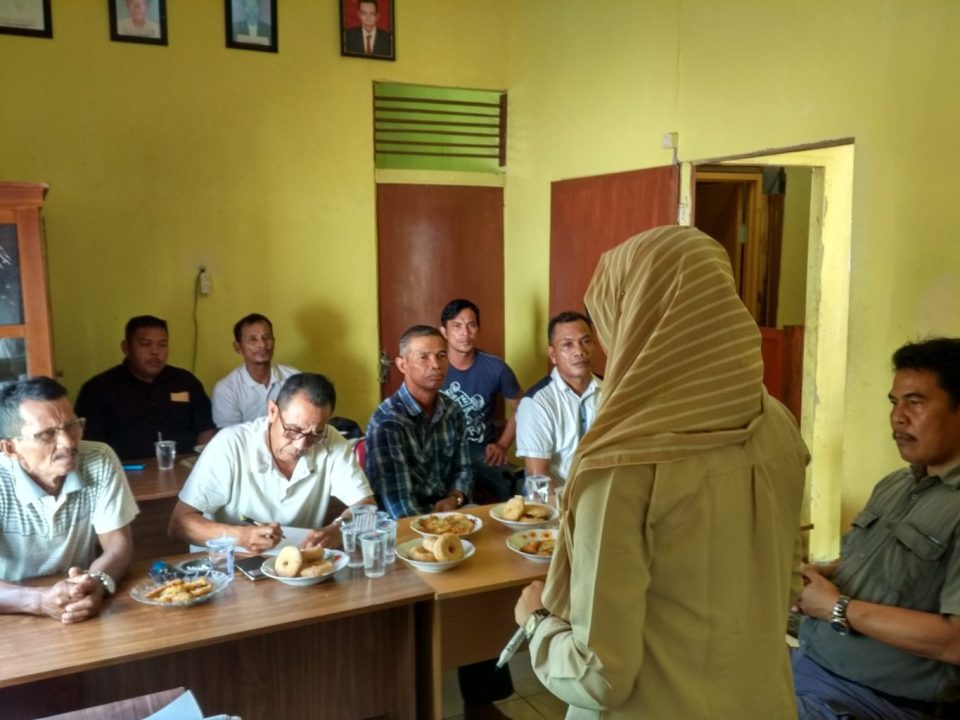Assessor Licensing Scheme (ALS) is one way to ensure the quality of HCV assessor. Only the licensed assessor can lead the HCV assessment as a licensed team leader. Successful completion of an HCV Assessor Training Course is one of the requirements needed before a license will be issued. This training course aims to ensure that prospective licensed assessors obtain a minimum level understanding of the ALS procedures and good practice guidance needed to competently lead an HCV assessment.
Asia Institute of Knowledge (AiKnow) by Remark Asia is one of the two institutions in Indonesia that can provide HCV ALS Lead Assessor training. We have the commitment to follow the course requirements and to consider the recommendations concerning content, participation, and evaluation issued by HCV Resource Network (HCVRN).
The training was held annually since 2015, which makes it the fourth batch of HCV ALS Lead Assessor Training. To participate in this training, the participants must have relevant experience in biodiversity, ecology, community livelihoods, anthropology, GIS and conservation planning, natural resource auditing and management, social and environmental impact assessment, among other subjects. Thus, this year we have participants from various backgrounds, from consultant to plantation company such as Daemeter, Aksenta, Remark Asia, PT Royal Lestari Utama, and Sinarmas Group.
The eligible trainers with each specification for HCV assessment are provided for this training, there are six of them: Dwi R Muhtaman on HCV ALS procedure and how to be an assessor, Cecep Saepulloh on Ecosystem Service (HCV 4), Agus Salim on GIS and spatial data analysis, Wibowo A Djatmiko on Biodiversity and Landscape System (HCV 1-3), and Sutji R Shinto on social aspect in HCV assessment (HCV 5-6). By this year, we add a glimpse of material on HCV-HCS integrated assessment, as it is now required by the certification body to include HCS in each HCV assessment. Devis Rachmawan, the expert of High Carbon Stock (HCS) assessment from Earth Worm (formerly The Forest Trust), is in charge of this topic.
Trainers are using a combination of lecture modules (presentations), group exercises, simulations, discussion, and role plays. The presentation modules are following HCV-RN standard (also reviewed prior to the training), group exercises simulations and discussions are provided with the case study, and role plays as in field trip.
Even though there is no strict requirement for the course duration, but it is strongly suggested to be approximately five days. So, on the first day, the presentations are all about HCV ALS procedure and how to initiate the HCV assessment, the second and third day is all about HCV assessment. The modules are divided per HCV category so that the participants can focus on each of the subjects. The field trip is on the fourth day, AiKnow is in collaboration with LMDH (Lembaga Masyarakat Desa Hutan), or the Association of Village Forest Community in Citamiang, Puncak-Bogor, West Java. And in the fifth day is presentation as in stakeholder consultation before they proceed to post-test and homework announcements.
The field trip location is unique because it has both the situation of the plantation (coffee and tea) and ecosystem conservation potential, not to mention the livelihood of the community depends on the coffee plantation which requires forest canopy. It has everything that HCV assessment needs.
The participants are divided into three groups, as in role plays, they have to make their own HCV consulting company, to assess PT Teh Hijau Segar (simulated company name for a field trip location). Accompanied by the trainers, each group is conducting the assessment for their own aspect and then discussed the result before going back. As in real assessment, the result must be consulted in public consultation held the next day, each of the participants gives their feedback as well as the trainers. This is the part when everyone is so relaxed after three days of class and one day under the sun, right before they face their final exam.
The standard for this training is calculated from active participation, pre-test, post-test, and ‘mock’ public summary and report (as homework for after training to be collected 15 days after class dismissed). Those who don’t meet the standard won’t pass the training, and will not get the unique number which is required to ALS Lead Assessor registration. Participants who have passed can proceed to register to ALS Lead Assessor (with further requirements from HCVRN). However, from the past trainings, there are always participants who didn’t pass. Hopefully, it could be different this year, that everyone passed and can proceed to ALS registration.
If you are interested in joining our training, don’t hesitate to put your email in the subscription box below to get update information on upcoming courses, or contact us to provide in-house training for your organization.
Contact us and be the next HCV Lead Assessor! We’ll see your name on the (Lead Assessor) list!


